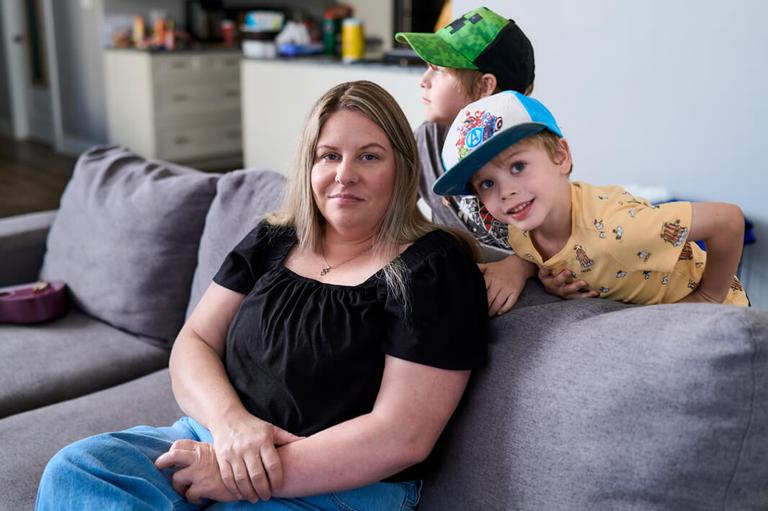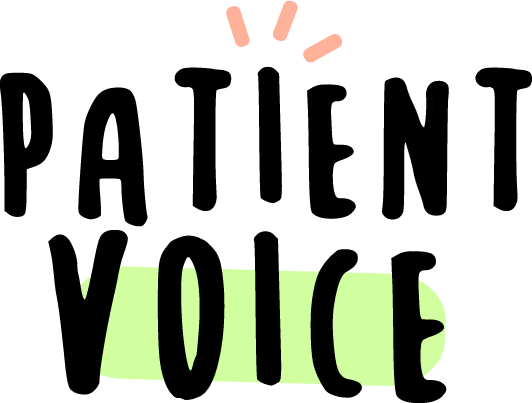
You never want to hear that someone you love has received a new health diagnosis. This often leads to many questions, like: What is their prognosis? How can you help? Or perhaps you feel uncertain about what to ask or say to them.
Caring for a loved one with a chronic illness can be overwhelming. You may feel like there’s a lot to learn and prepare. Here are some tips and tricks to help get you started with supporting a loved one.
Educate yourself
Learn as much as you can about the condition. Knowledge is power — start by researching your loved one’s health condition online through national foundations like the Canadian Cancer Society, Diabetes Canada, the Kidney Foundation of Canada, or the Canadian Organization for Rare Disorders, depending on their diagnosis. These organizations provide credible information about the basics (and beyond) of your loved one’s health condition, plus free resources like webinars and guides for you as a caregiver.
Advocate for them
While you’re learning, take notes and write down questions to ask your loved one’s health care team at their next appointment. Health care appointments can feel overwhelming, but preparing yourself with a list of questions can help decrease stress and allow you to participate more in the appointment. It’s likely that your loved one needs you there to help remember the doctor’s advice, so be sure to take note of things that might otherwise be forgotten.
As a caregiver, tracking symptoms or changes in your loved one’s health can help provide their health care team with more information about their condition. Follow up on test results before future appointments. When caregivers have copies of test results, it’s easier to make sure that all doctors and health care providers have the right information. Being aware of their test results can also help you to understand more about their health condition and trends.

Adjust your mindset
Be both positive and realistic about your loved one’s chronic illness. With a new diagnosis, adjusting to a new lifestyle or supporting a loved one may feel overwhelming. Think about things from your loved one’s perspective. Remember times when you felt sick or scared, and consider how you wanted to be treated. If you’re not sure what to say, that’s okay. Let your loved one know that you support them. Listen if they want to talk, or just spend quiet time together. Everyone deals with their illness differently — some people may be willing to talk about it, while others may not. Be flexible in your plans; adjust the time or date or place to support your loved one if needed. Build a base for a positive attitude: take it one day at a time and do small things, like saying thank you and remaining grateful for what you do have.
Support
Join a support group or volunteer organization related to your loved one’s health condition. Having a larger support system can help both of you adjust to a new routine, continue to learn, and feel less alone in the process of navigating this stressful diagnosis.
Be present and mindful in supporting your loved one. In addition to asking them what they need to feel supported, be proactive and take things off their to-do list, like making sure their bills are paid or arranging a ride to their next appointment. Offer practical support like meal-prepping for them, offer to pick up or return library books, or do errands for them.

Care for yourself, too
If you’re helping someone you love with their chronic illness, then you’re a caregiver. You may not think of yourself as a caregiver, especially if it feels natural — taking care of someone you love. There are different types of caregivers. Some are family members, others are friends. But caregiving simply means helping someone with day-to-day activities, like doctor visits or preparing food. It can also mean giving emotional and spiritual support. Talking, listening, and just being present are some of the most important things you can do.
As a caregiver, you may feel like your loved one becomes your priority. But taking care of yourself is important, too. It helps you to continue supporting the people you love. Here are some self-care strategies for caregivers:
1. Do things for yourself. Eat a healthy, balanced diet to meet your nutrient needs and help keep you energized and strong. Stay physically active to help you manage stress. Get enough sleep to help you cope with day-to-day challenges. Set aside some time for your own activities like reading, listening to music, or seeing friends.
2. Prioritize taking time to relax and de-stress. Use relaxation techniques such as deep breathing, meditation, yoga, Tai-chi, or simply going for a walk. Seek out further support from a mental health care provider if needed.
3. Join a caregiver support group to meet others who understand the unique challenges of your loved one’s health condition and the caregiver role. Talking with others can help you feel less stressed and provide you with comfort and knowledge.
4. Empower your loved one to be independent. This helps keep them active and maintains normalcy in their life. It’s also great for your relationship and can help prevent caregiver burnout.
Emily Campbell (@kidneynutrition), RD, CDE, MScFN, is a registered dietitian, certified diabetes educator, cookbook author, and the founder of kidneynutrition.ca. Emily specializes in renal nutrition, helping those with chronic kidney disease overcome the confusing world of nutrition.







